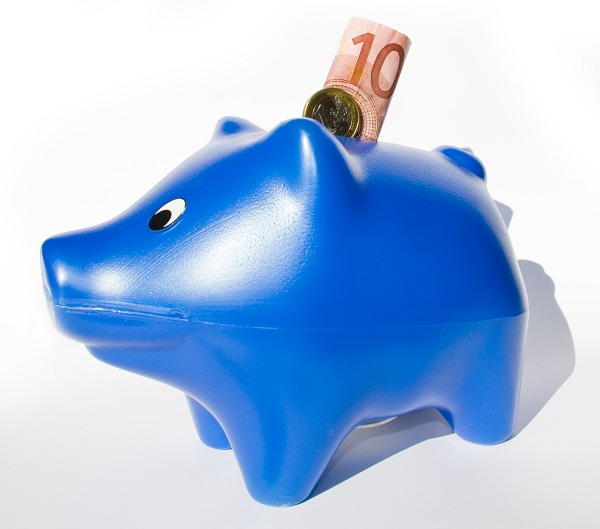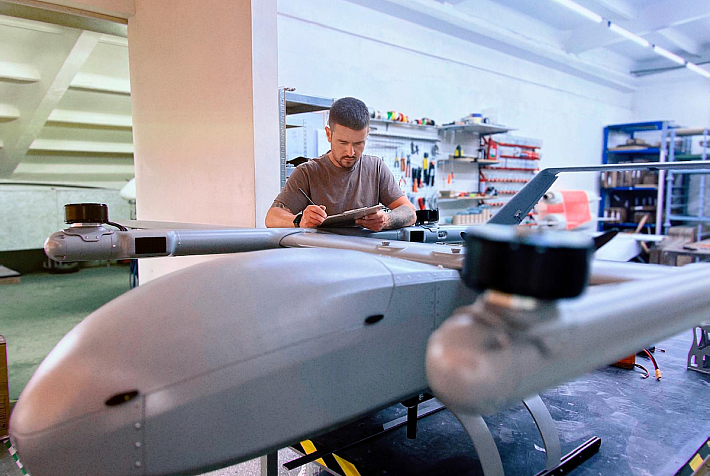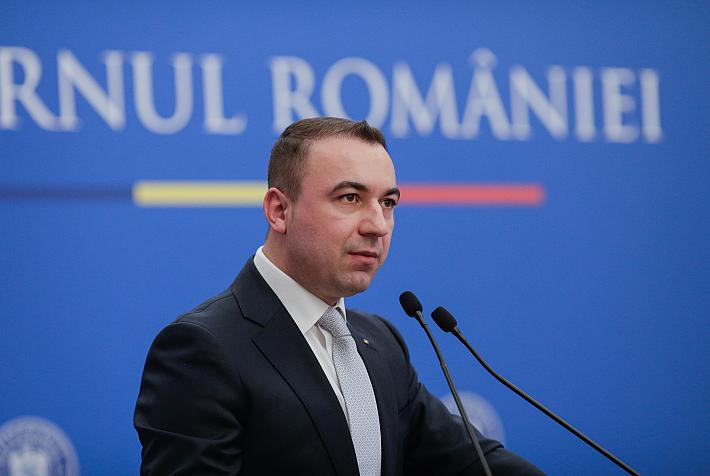Comment: Are Romanians afraid to invest?

 Romanians have a low appetite for risk and prefer to keep their extra money - if any - in the bank, rather than invest it. Why is that?
Romanians have a low appetite for risk and prefer to keep their extra money - if any - in the bank, rather than invest it. Why is that?
After 22 years of democracy and free market, if we read the statistics about the saving and/or the investing process in Romania, we’ll find very low figures. Convenient and many times genuine explanations for this fact are: the weak performance of the Romanian economy, the poor level of returns, and the huge level of taxation, the great fiscal/legal instability and, above all a high level of poverty. Of course these are true causes of the present situation but others lie below the surface: the almost complete lack of financial education and professional consultancy in this field.
In any financial book, one of the first lessons is about the ways of using the money surplus, saving and/or investing. I’m aware of the difficult financial situation of the majority of Romanians and Romanian companies but, what is strange is that people and companies which have liquidity do not use it properly, focusing more on the usual savings instruments such the savings accounts and term deposits. In spite of the fact that these instruments generate low returns, they are preferred only because they have a low risk. Judging by the numerous financial scandals that have appeared during these 22 years, maybe the fear of risk is justified, but it is unproductive not only for the banks' customers, but for the Romanian economy and society in general. Saving money, keeping it in the bank is a “dead” way of capitalizing the surplus money. But, beyond the fear or the low financial education or professional consultancy, it is more dangerous and is the wrong way to understand the role of money in economy. Money is made to circulate, multiplying. The 'dead' way of saving doesn’t create the basis for the multiplication and, consequently, doesn’t ensure development. When Romanians and many Romanian companies understand and accept this simple fact, then the investment instruments, more risky and more illiquid but which can assure good returns on the medium and long term, will gain the first spot in their options.
For individuals or companies who want to invest, the Romanian market currently offers a range of products which isn’t too low, taking into account the present market conditions. On the investment market in Romania, the potential investor can find state treasury certificates, futures and options contracts, a few mutual/investment funds, public bonds, shares, over the counter (OTC) market products, pension funds, and life and health insurances, real estate and alternative investments (gold, antiquities). So, the basic investment products exist, but, to gain confidence and increase the appetite for risk,the majority of Romanians (individuals and companies) need, in my opinion, a few additional potential conditions which should create a favorable context.
Clear and coherent economical and fiscal policies
Legal stability
A performing financial system that generates confidence
Financial education
Professional consultancy in investment instruments
And last, but not least, it is necessary to have an economy that performs well, which creates the circumstances for the increase of people's/companies’ returns, so that the money surplus will exist and the only thing needed is to put this money to work properly. Of course, the Romanian economy cannot wait until the current international crisis finishes and all above mentioned circumstances are accomplished, but, until then, let's identify the successful examples of individuals and companies that use the investment products on the Romanian market and follow their best practices.
By Mariana Ganea, Guest Writer












